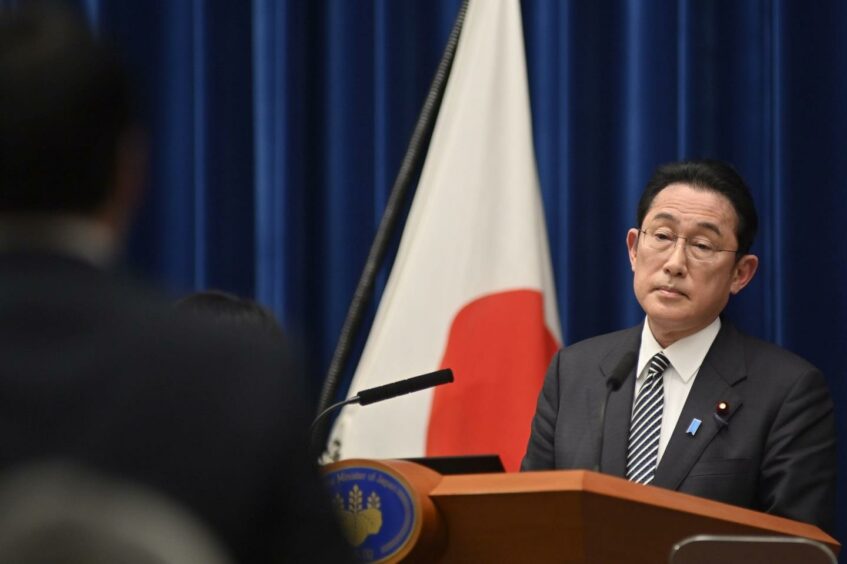
Energy ministers from the Group of Seven developed nations on Thursday agreed to boost efforts to cut their dependency on energy imports from Russia, Japanese industry minister Koichi Hagiuda said, reported Nikkei Asia.
Hagiuda said the ministers from Britain, Canada, France, Germany, Italy, Japan and the US plus the European Union, also agreed to promote diversification of their energy sources.
The meeting was convened after the US on Tuesday banned imports of Russian crude oil, certain petroleum products, liquefied natural gas (LNG) and coal in the latest round of sanctions against Russia for its war in Ukraine that started Feb. 24.
Britain has said it will phase out imports of Russian oil and oil products by the end of 2022, and is considering banning its natural gas, joining other countries including the US in a move to punish Moscow over its invasion of Ukraine.
The European Union, which is highly dependent on Russian energy, has also announced a plan to phase out its reliance on Russian fossil fuels before 2030.
Meanwhile, resource-poor Japan remains cautious about joining Western nations in taking a similar step, reported the Nikkei.
Asked about Japan’s response to the US ban, Prime Minister Fumio Kishida told reporters on Wednesday that ensuring stable energy supplies is a “national interest,” while expressing his readiness to coordinate with other G7 nations in deciding on Tokyo’s approach, said the Nikkei.
As Energy Voice reported yesterday, Japanese firms are unlikely to exit Russian energy after Shell and ExxonMobil’s departure. There has been increasing speculation that Japanese oil and gas companies may follow their Western peers and exit Russian energy projects in response to Vladimir Putin’s bloody invasion of Ukraine. However, this seems unlikely, as such a move – designed to hurt Russia – would be blunted, as China is expected to fill any void left by departing investors.
Russia accounted for 3.6% of Japanese crude oil imports, and 8.8% of its liquefied natural gas (LNG) imports in 2021, according to data from the Japan External Trade Organisation.